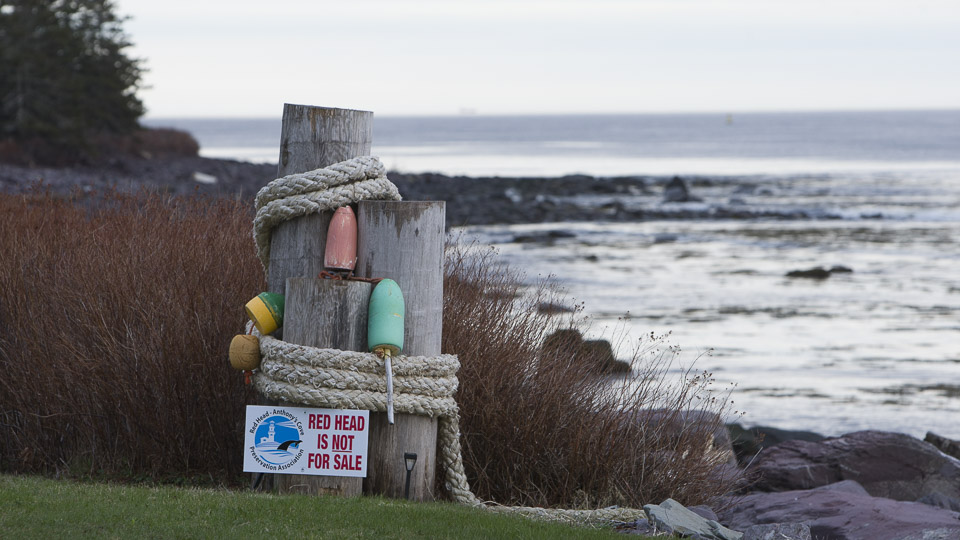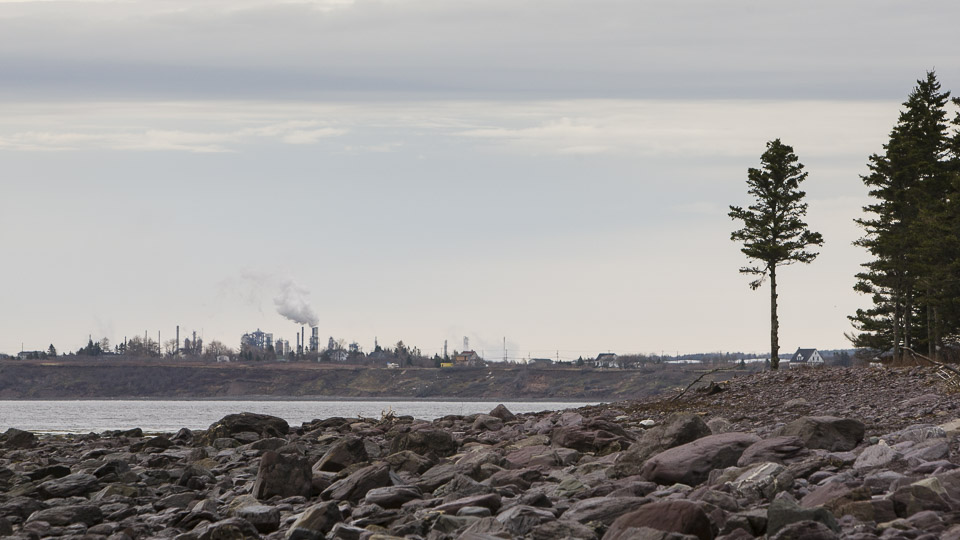What does it mean to live at the end of the largest proposed tar sands pipeline in North America?
I recently spent some time trying to answer this question. I visited Saint John, New Brunswick, Canada and spoke with several people about the proposed Energy East pipeline. I heard from residents, First Nations, and fishermen that would be impacted by this mega project.
With the cancellation of the deep sea port connection in Cacouna, Quebec, many are starting to ask one simple question. If threats to the St. Lawrence, organized citizen action, and an endangered Beluga whale can stop a deep sea terminal, why can’t the same happen in the Bay of Fundy? Tens of thousands of jobs in tourism and fisheries are supported by the Bay and it is home to the critically endangered Right Whale. The people of Saint John have been in the shadow of fossil fuel development for decades with little to show economically. Is enough enough?
The following are three stories from three different individuals in New Brunswick.

